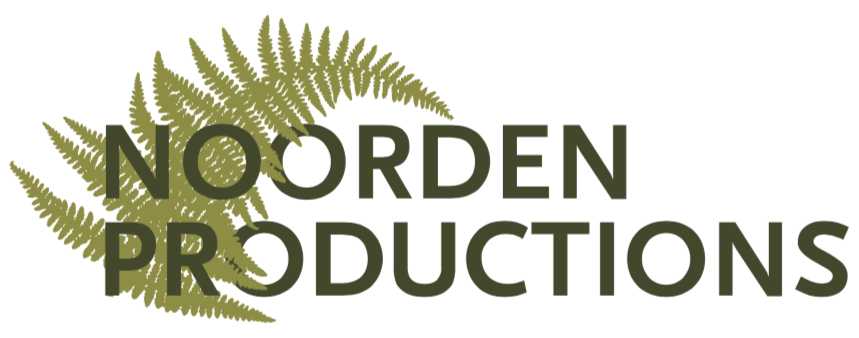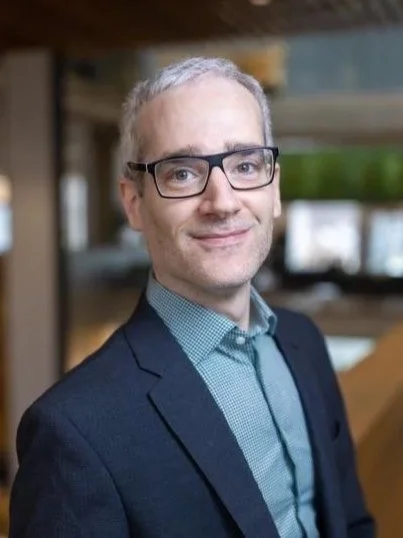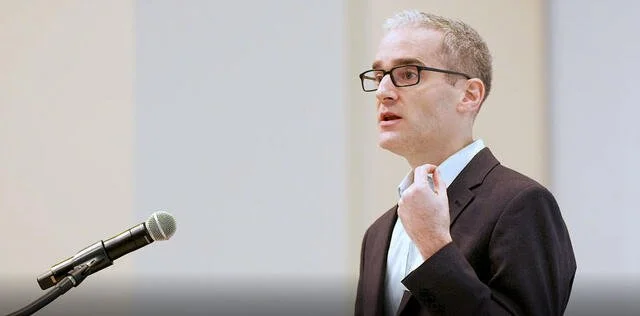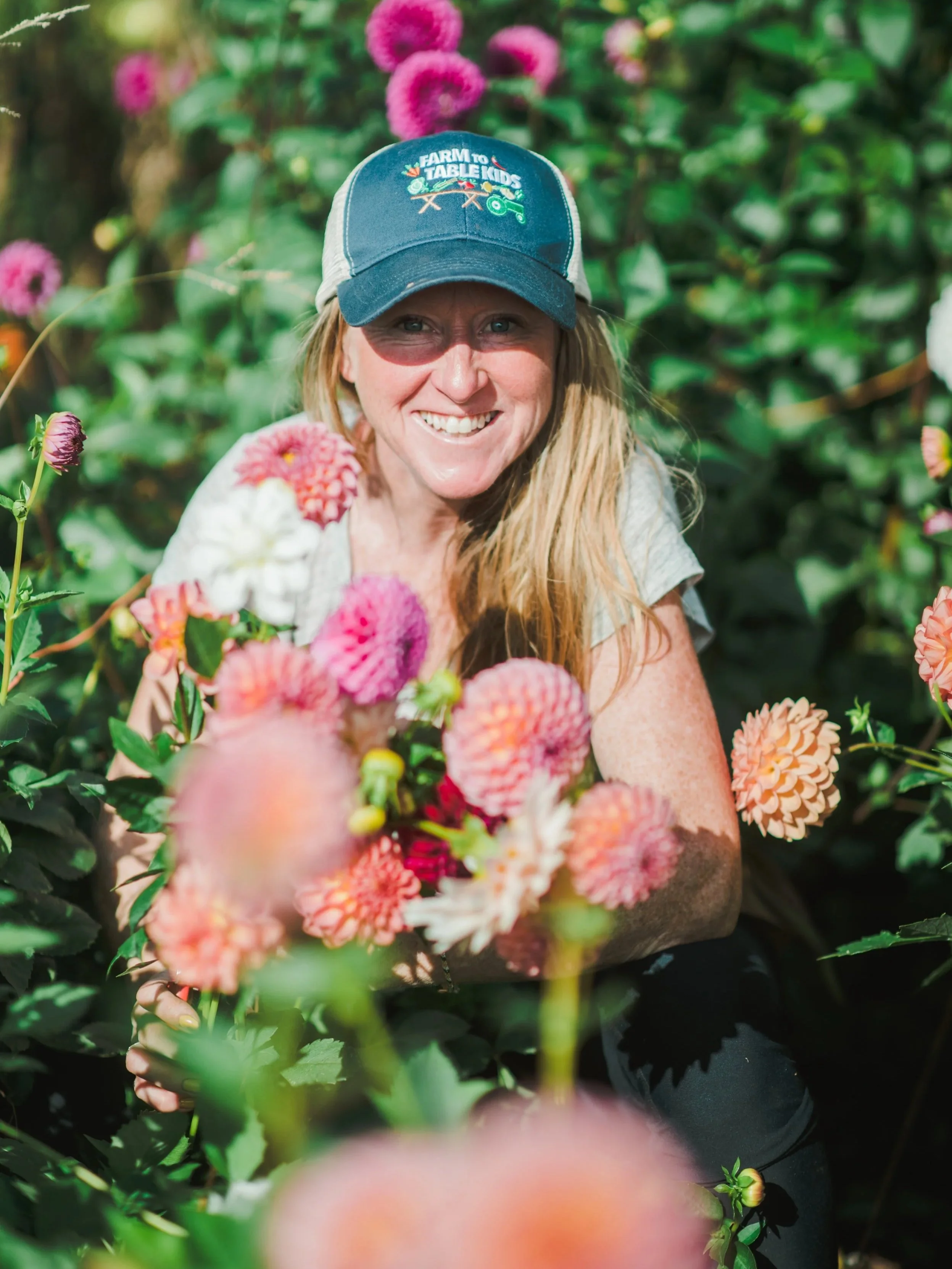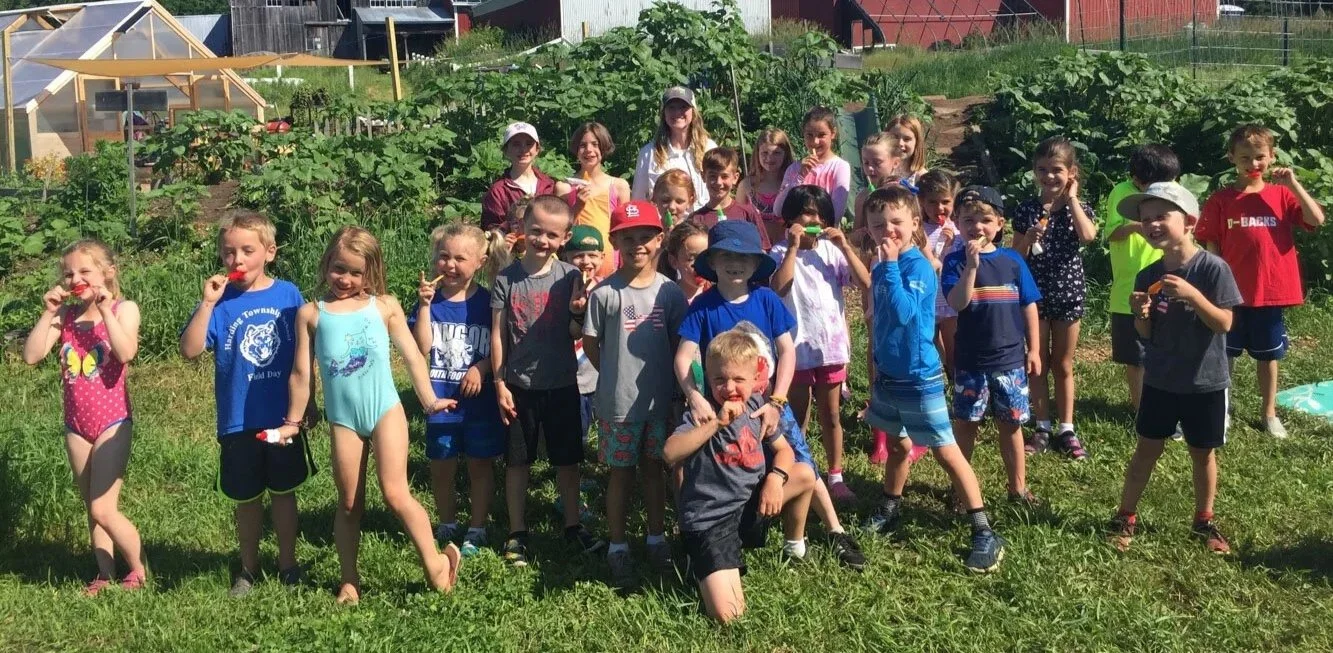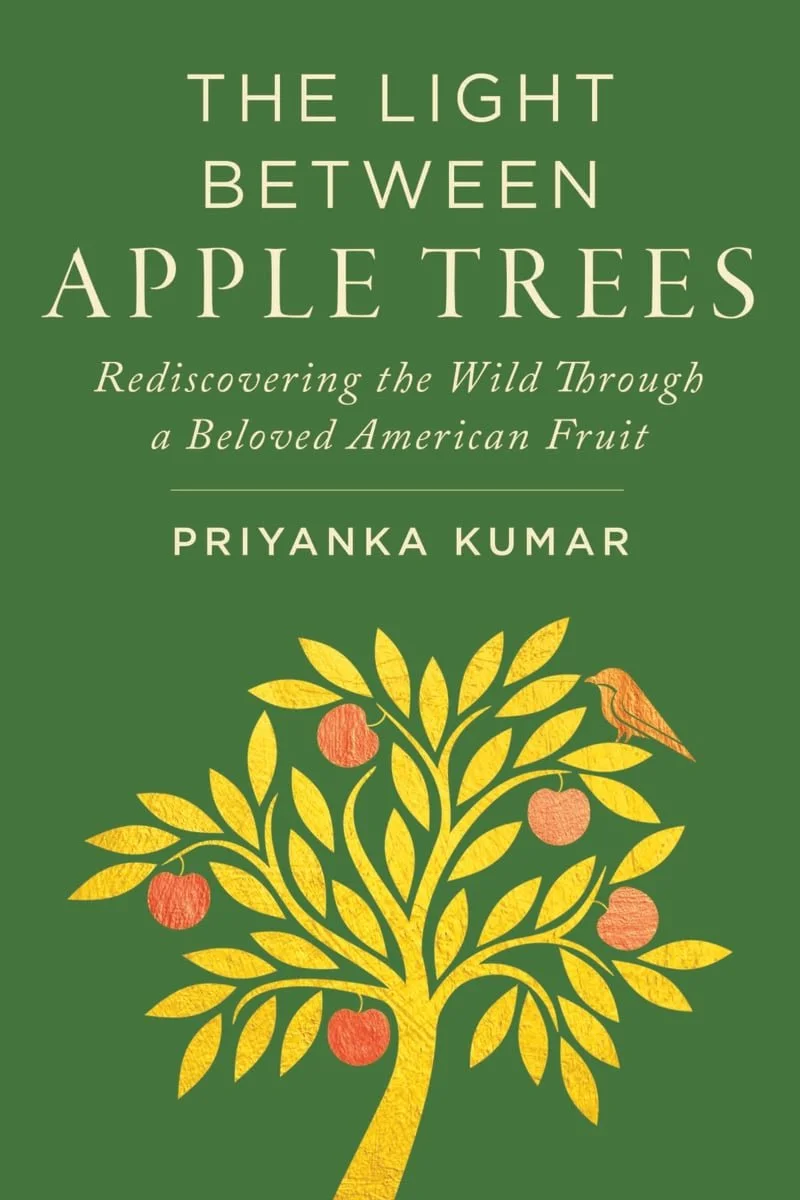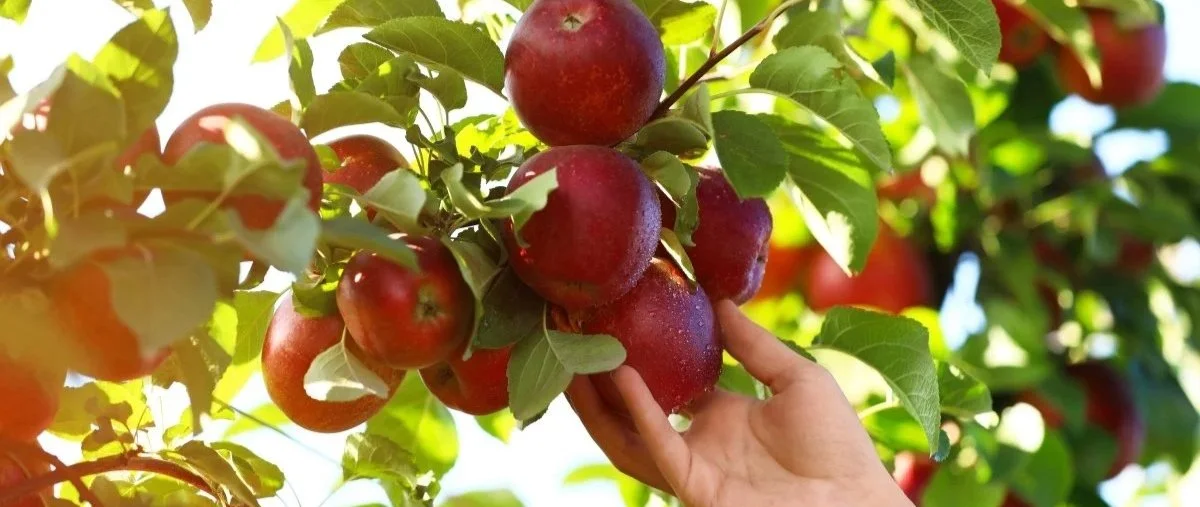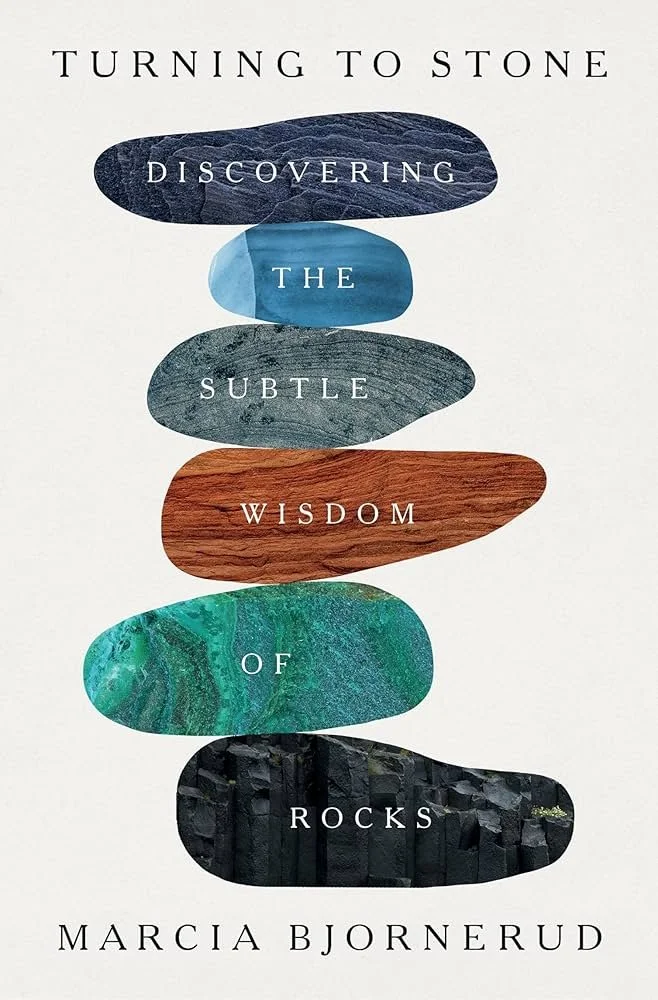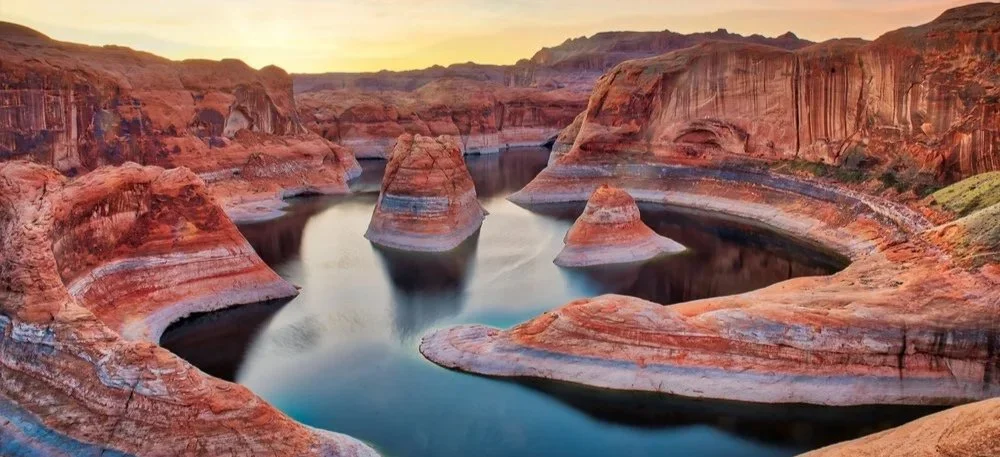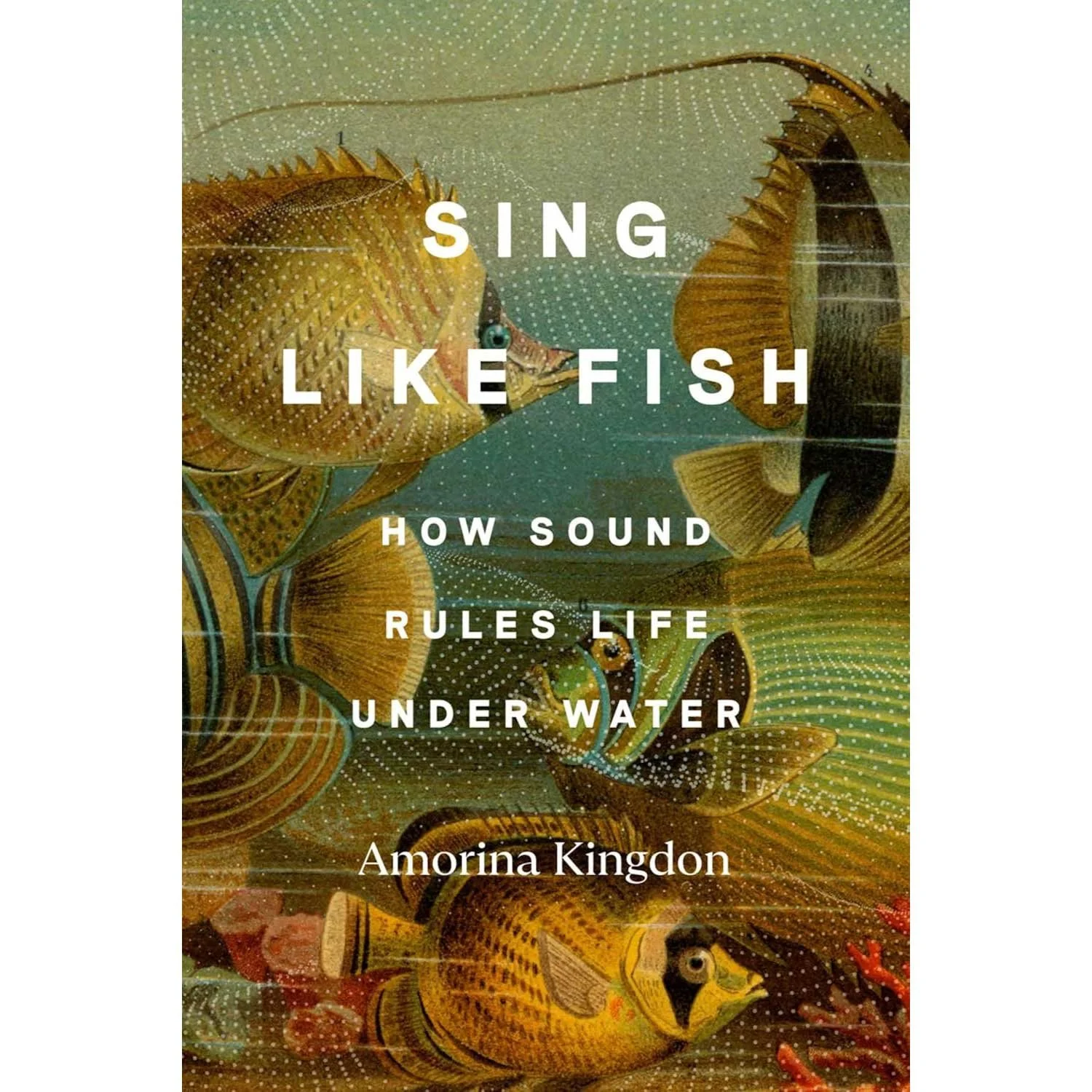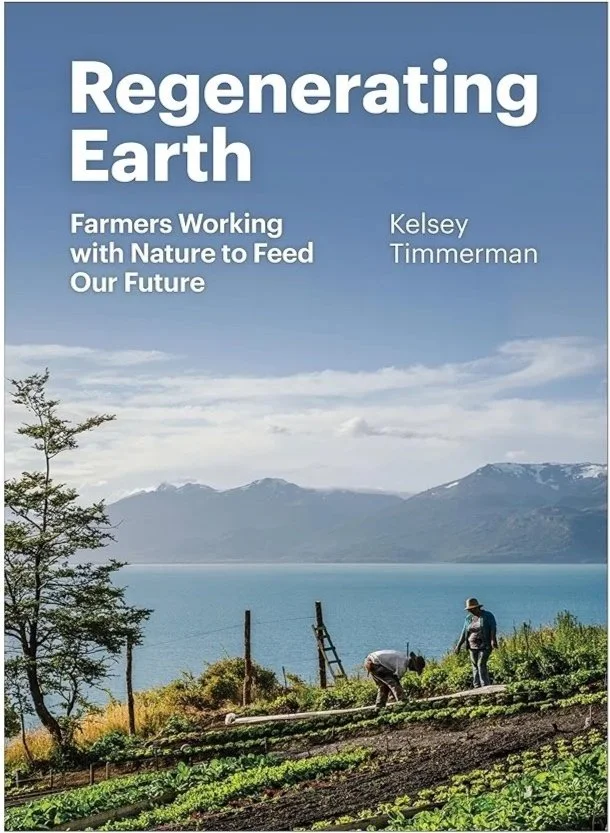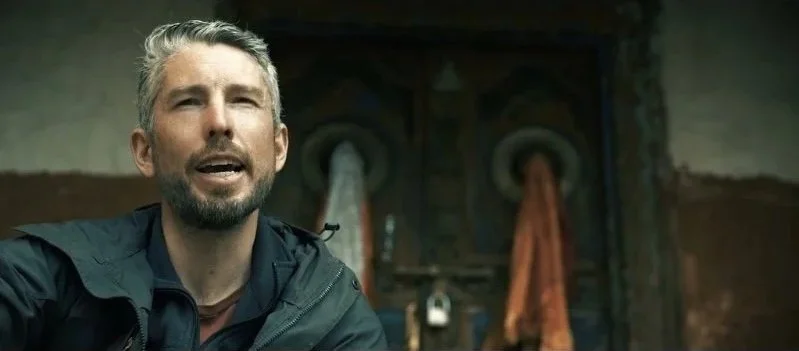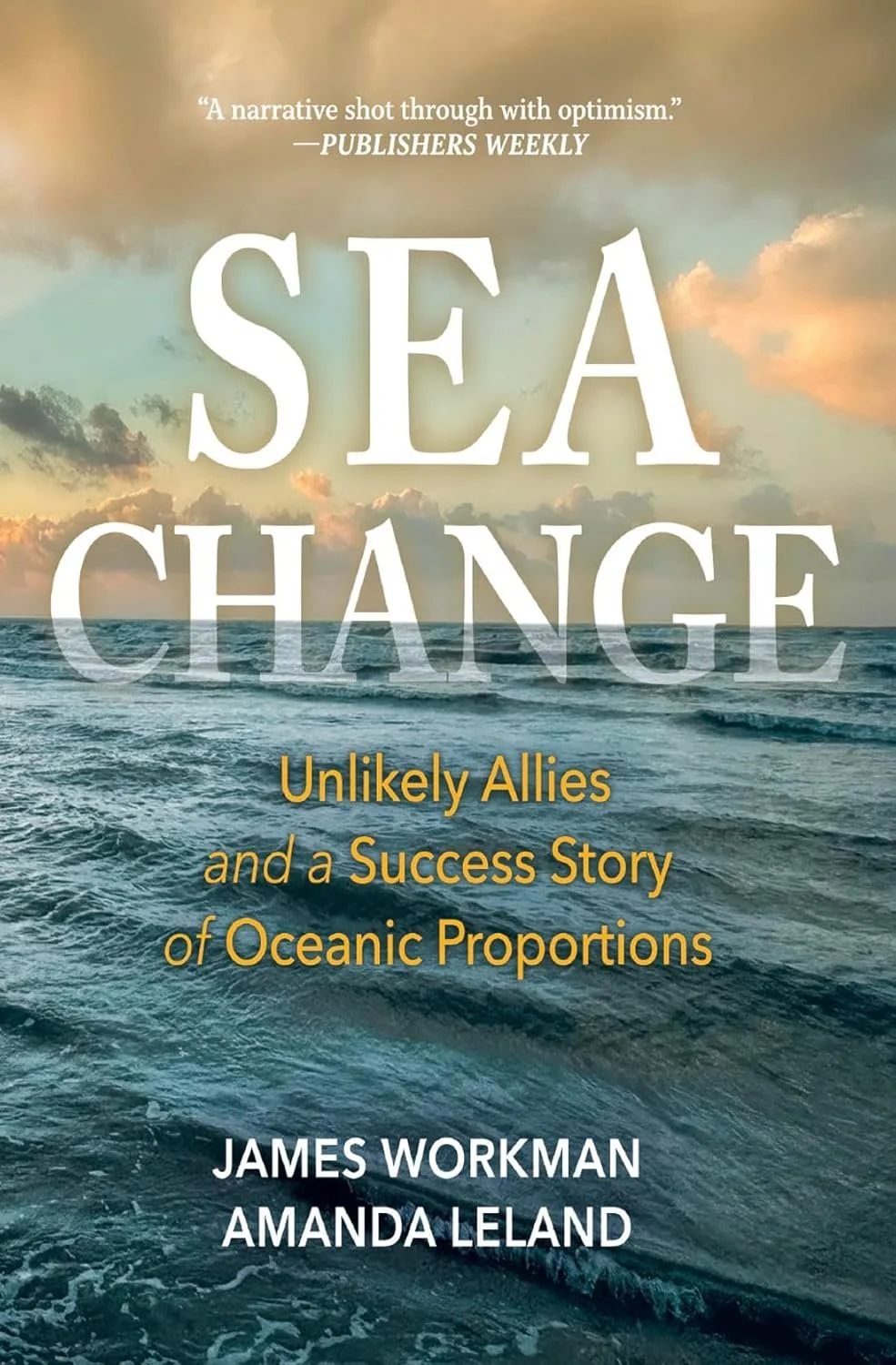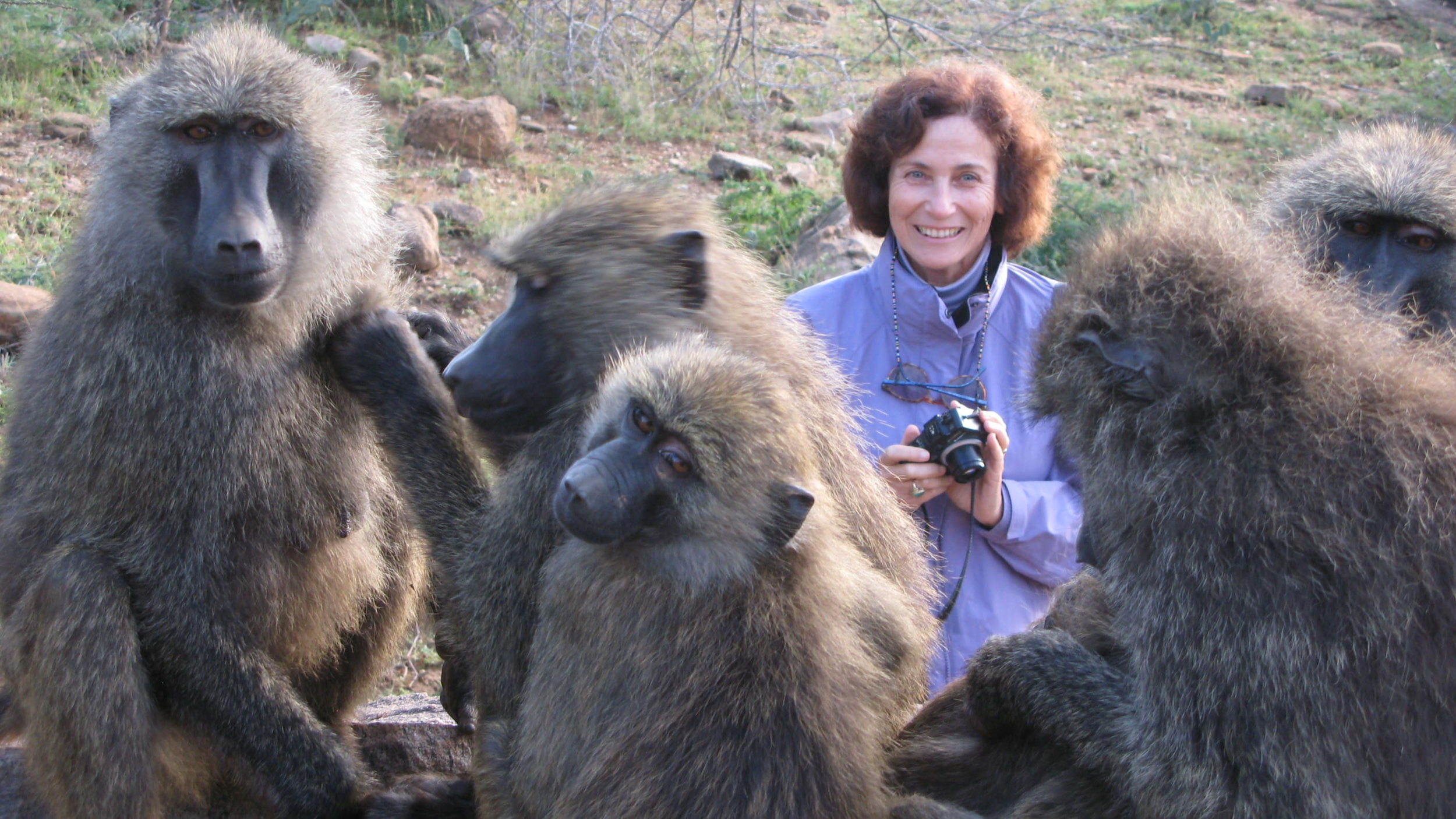Eyal Frank is an Assistant Professor at the University of Chicago Harris School of Public Policy. Working at the intersection of ecology and economics, his research addresses three broad questions – how animals contribute to specific production functions, how market dynamics reduce natural habitats and biodiversity, and what the indirect costs of conservation policies are.
On this episode of Nature Revisited, Frank explains how these areas of research present causal inference challenges, as manipulating ecosystems and species at large scales is often infeasible. Citing real world examples such as the collapse of vulture populations in India due to a livestock medication, or the imbalance in insect populations due to declining bat colonies caused by white-nose syndrome, Frank describes how unintended side effects from disrupting the delicate balance of animal behaviors can lead to catastrophic economic results. By drawing natural experiments from ecology and policy, it is possible to employ econometric techniques to estimate different pieces of the puzzle regarding the social cost of biodiversity losses.
